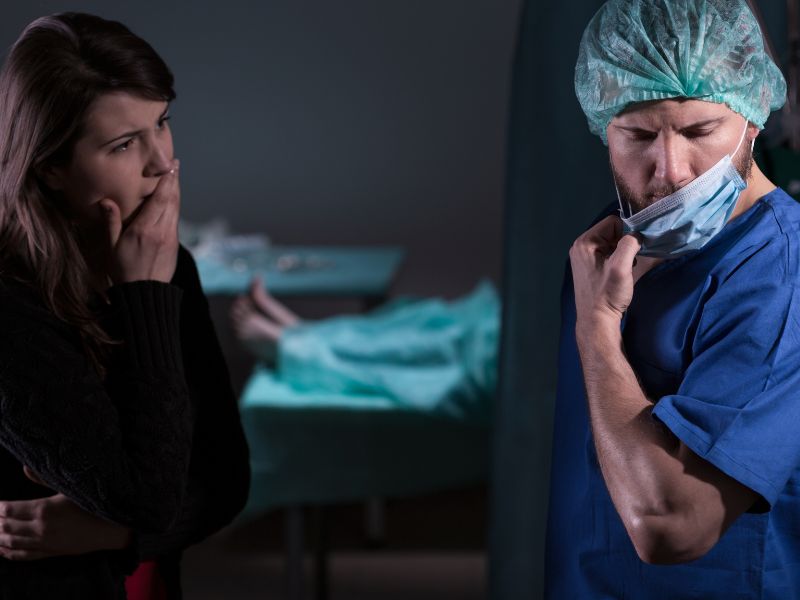Human curiosity is a powerful force that has driven exploration, innovation, and discovery throughout history. This curiosity is especially pronounced when it comes to matters of life and death. We often find ourselves compelled to know the details surrounding a person’s passing, seeking closure and understanding. But why do we always want to know how someone died?

Canva. com
Seeking Closure And Understanding
One of the primary reasons we seek to know the cause of death is for closure. Understanding the circumstances surrounding a loved one’s passing can help us come to terms with our grief. It provides a sense of finality and allows us to process our emotions more effectively. Additionally, knowing the cause of death can sometimes offer a sense of relief, especially if it is due to a long-term illness or age-related factors.
Learning From The Past
Knowing how someone died can also serve a broader societal purpose. It allows us to learn from the past and take steps to prevent similar tragedies in the future. Medical advancements, safety measures, and public health initiatives often emerge from studying the causes of death. This collective knowledge helps us make informed decisions about our health and well-being.

Canva. com
Dispelling Myths And Misinformation
In some cases, rumors or misinformation may surround a person’s passing. Seeking the truth about how someone died can help dispel these myths and provide a more accurate narrative. It is imperative when the circumstances of a death are surrounded by speculation or controversy.
Human Empathy And Connection
Knowing the cause of someone’s death can also foster a more profound sense of empathy and connection within a community. It reminds us of our shared mortality and the importance of cherishing our time with our loved ones. Understanding the fragility of life can lead to a greater appreciation for the people around us.
